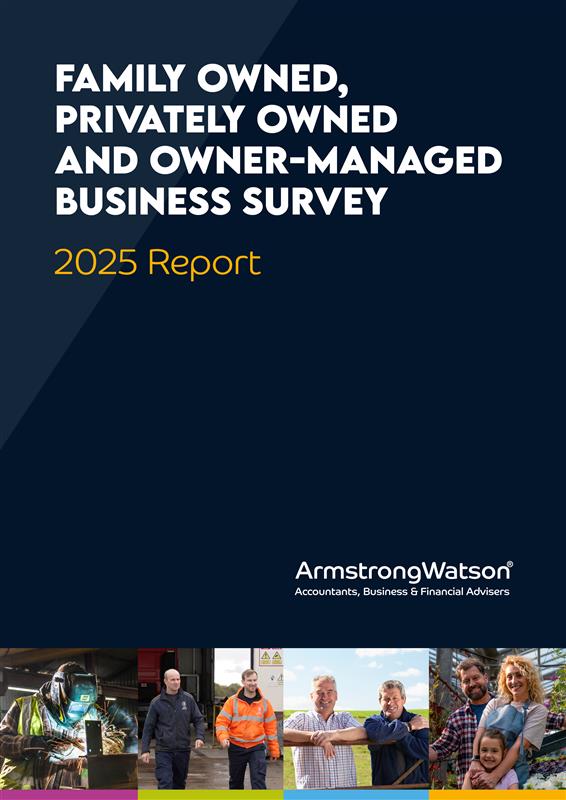Family-owned and owner-managed businesses across the UK continue to struggle with recruitment due to a shortage of skilled candidates, according to Armstrong Watson’s latest annual survey. The report, based on 858 responses from companies across multiple sectors, highlights persistent challenges in finding suitable staff, particularly in rural areas.
Around a third of firms described recruitment as “very difficult”, with many pointing to a lack of qualified applicants. While Yorkshire performed better than most regions, with 26% reporting severe hiring issues, businesses there have focused on referral incentives, flexible working, and improved recruitment processes to strengthen retention.
Across the UK, only half of employers offer salary sacrifice schemes, despite their benefits for structuring pay and reducing tax costs. Many appear to be delaying changes until after the Autumn Budget.
Nearly half of Yorkshire businesses are already engaging with artificial intelligence, either using or exploring AI to streamline operations, figures that exceed national averages. Nationally, companies are also addressing labour shortages by raising wages and expanding apprenticeship programmes.
Rising costs remain the top concern for the next three years, followed by regulatory uncertainty and workforce gaps. Many firms are tightening investment plans, with 22% not seeking new finance and almost half relying on personal or retained capital to fund operations.
Succession planning is emerging as a key issue. Eighteen per cent of owners plan to exit their business within two years, and although over 40% see family or senior management as their successors, most have not yet formalised these discussions. Only a third intend to pass their business to family members, suggesting a gradual shift in succession models.



